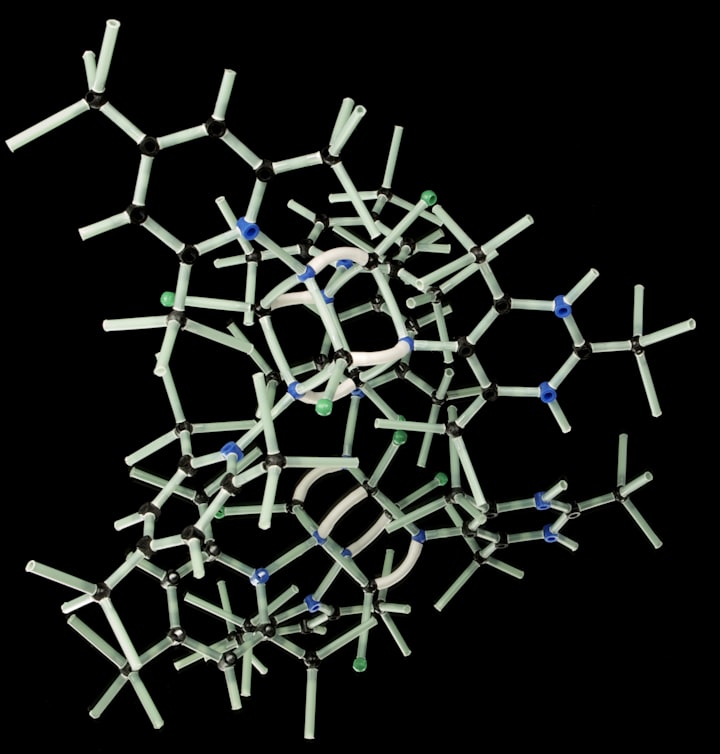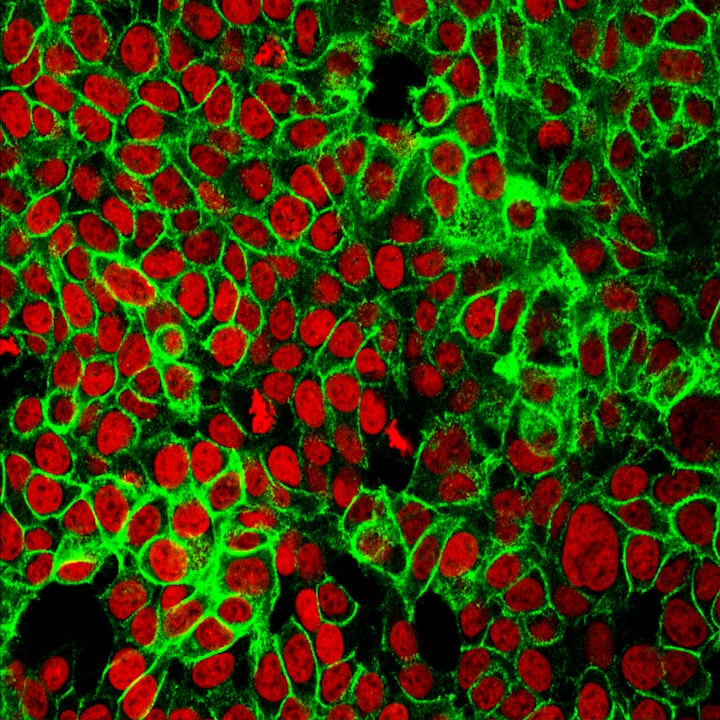Can Humanity Develop Immunity to Radiation Exposure?
Can humanity evolve immunity to radiation exposure? Exploring the potential for evolutionary adaptation to radiation and protection measures.

Radiation exposure has long been a significant concern due to its harmful effects on living organisms.
Can humanity, as a species, develop immunity to radiation over time?
Let's delve into this complex topic and explore whether our bodies and species can adapt to mitigate the effects of radiation over generations.
Does Individual Immunity to Radiation Exist?
While an individual person cannot develop immunity to radiation, the human body has some natural defenses against certain types of radiation.
For example, melanin in the skin provides a degree of protection against ultraviolet radiation from the sun.
However, when it comes to ionizing radiation, which can damage DNA and cells, our bodies do not have specific mechanisms to build immunity.
Evolution of Species' Resistance to Radiation
The idea of the human species evolving resistance to radiation over many generations is an intriguing concept.
Evolution occurs through genetic mutations and natural selection.
If organisms are consistently exposed to a particular stressor or factor, there is potential for evolutionary changes to occur.
In the case of radiation, it is essential to note that high levels of exposure can cause genetic mutations and increase the risk of cancer and other health issues, rather than necessarily resulting in evolutionary advantages.
Challenges of Developing Resistance to Radiation
Radiation, particularly ionizing radiation, presents unique challenges compared to biological threats such as viruses or bacteria.
While our immune systems can develop defenses against biological pathogens, radiation directly affects the integrity of cellular and genetic structures.
The concept of evolving resistance to radiation as a species would require extensive time spans and consistent exposures, which may not align with sustainable human health.
Current Perspectives on Radiation Protection
Efforts to protect against radiation exposure primarily focus on prevention and mitigation.
From shielding measures in nuclear facilities to radiation shielding materials used in space exploration, the emphasis is on minimizing exposure rather than relying on biological resistance.
The Intersection of Medicine and Radiation Research
In the field of medicine, ongoing research aims to understand the cellular and molecular impacts of radiation exposure.
Tools such as radioprotectors and radiomitigators are being investigated to mitigate the effects of radiation in exposed individuals.
While these advancements may offer potential avenues for reducing harm from radiation, the concept of biological immunity to radiation remains a topic of scientific inquiry.
While individuals do not possess immunity to radiation, and the development of species-level resistance poses numerous challenges, continued scientific exploration and technological advancements may offer valuable insights into mitigating the effects of radiation exposure on human health and the environment.






